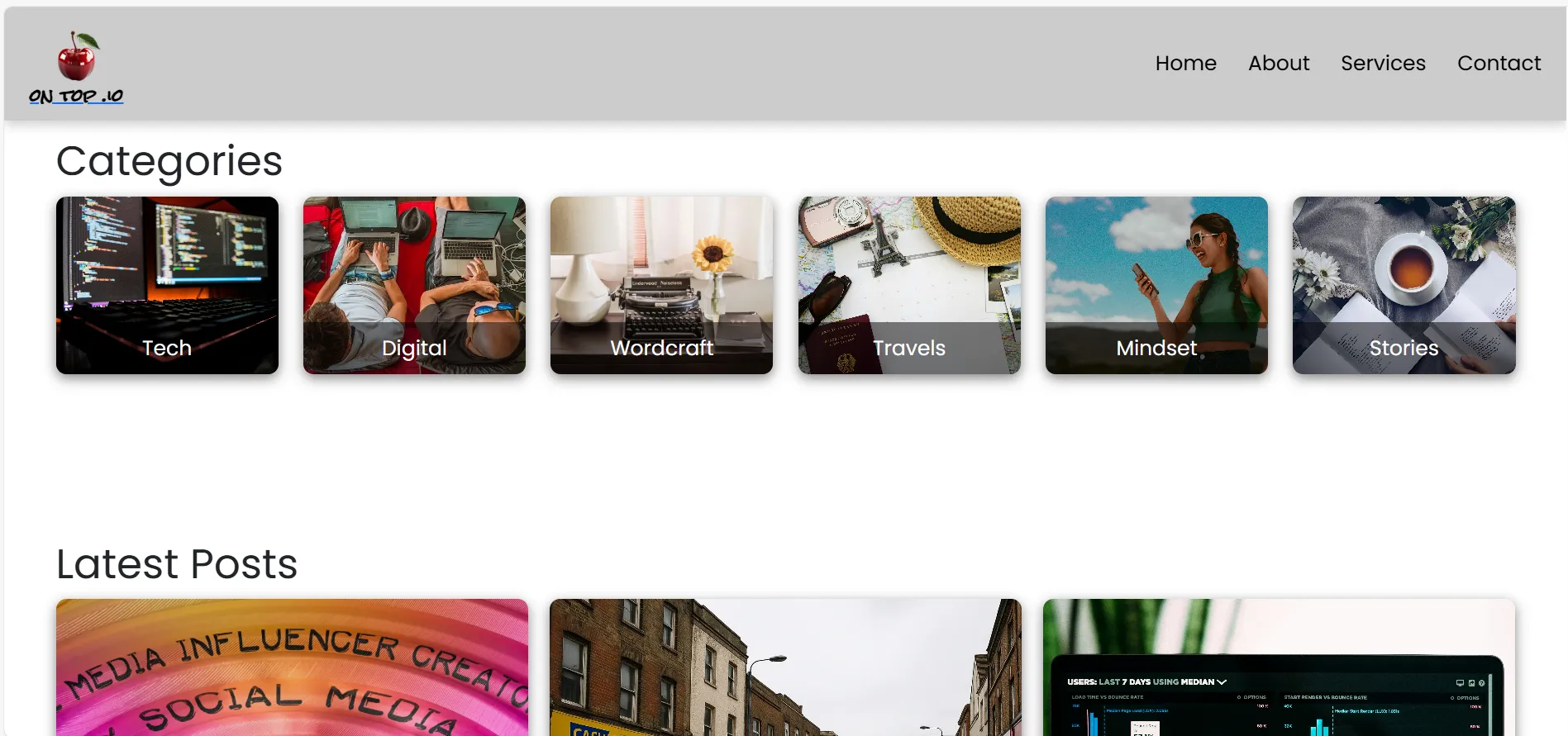In recent years, software development bootcamps have become a popular way for people to break into the tech industry, especially in the UK where many are funded by the government. These bootcamps offer fast, focused training in coding over 14 to 16 weeks, making them an appealing option for anyone looking to switch careers quickly. The demand for tech talent is growing, and with the government’s support, bootcamps are now more accessible than ever.
In this article, I’ll dive into the pros and cons of attending a government-funded bootcamp, what you can expect to learn in just a few months, and what it really takes to land a junior developer role after graduation.
The Pros of Government-Funded Bootcamps
Affordable or Free Training
A major benefit of government-funded bootcamps is that they can be free or cost much less than private coding schools, which can charge anywhere from £5,000 to £10,000 or more. The UK government runs initiatives like The National Skills Fund to help people access training without having to pay a hefty fee. This makes bootcamps an attractive choice for people who want to learn to code but can’t afford expensive courses.
Intensive, Focused Learning
Bootcamps are designed to teach you the key skills you need to become a developer quickly. You’ll be immersed in coding for several hours each day, which is great if you’re committed and ready to learn fast. The condensed format means you can dive straight into practical coding skills, without the distractions of a longer, more theoretical course.
High Demand for Developers
Tech skills are in demand across nearly every industry, and many bootcamps partner with companies and recruitment agencies to help graduates find jobs. Because of this, you may have a better chance of landing a junior developer role after completing a bootcamp compared to trying to learn on your own.
Networking Opportunities
Even government-backed bootcamps often have strong ties to the tech industry. Many offer mentorship, coding challenges, and networking events where you can meet potential employers. If you take advantage of these opportunities, they can help you get your foot in the door at your first job.
The Cons of Tech Bootcamps
Limited Depth
One of the downsides is that bootcamps are fast-paced and cover a lot in a short time, which means you won’t have the chance to dive deep into every topic. While you’ll learn core skills like HTML, CSS, JavaScript, and frameworks like React or Node.js, you may not have time to fully master advanced topics like algorithms, data structures, or system design — skills that become more important as you grow in your career.
Intense Pressure
The workload in a bootcamp can be overwhelming. Expect long hours, lots of coding, homework, and group projects. If you’re new to coding or juggling other commitments, this might feel like a lot. It’s important to be ready for the intensity, as bootcamps require full dedication and can lead to burnout if you’re not careful.
Limited Experience
Many bootcamp students start with little or no coding experience. While bootcamps can help you get up to speed quickly, you won’t have the same depth of knowledge that someone who has studied coding in a university degree or worked in the field for a while might have. As a result, you may feel more prepared for a junior role than an advanced one.
Job Placement Is Not Guaranteed
Even though tech jobs are in high demand, getting a job after a bootcamp is not automatic. The job market can be competitive, especially in areas with lots of bootcamp graduates. While some bootcamps offer career services, having a strong portfolio, good coding skills, and interview abilities is key to standing out from the crowd.
What You’ll Learn in a 14 to 16-Week Bootcamp
In a typical bootcamp, you’ll learn the basic skills needed to become a junior developer, with a focus on hands-on, practical coding. Here’s a snapshot of what to expect:
Programming Languages & Frameworks
Most bootcamps focus on JavaScript (which is used for both front-end and back-end development) and frameworks like React, Angular, or Vue. Some bootcamps might also teach Python.
Version Control
You’ll learn how to use Git and GitHub to manage your code, collaborate with others, and deploy projects.
Web Development
Bootcamps will teach both front-end (HTML, CSS, JavaScript) and back-end (Node.js, Express, databases) development, making you a full-stack developer.
Agile Methodologies
You’ll probably learn how to work in sprints (small, focused work periods) and collaborate in teams, just like in real-world software projects.
Problem Solving & Debugging
You’ll also get plenty of practice thinking critically and debugging code — essential skills for any developer.
While you’ll learn a lot in 14 to 16 weeks, keep in mind that bootcamps may not have time to cover deeper topics like system design or advanced algorithms. These are things you’ll likely pick up through self-study or on the job.
Can You Become a Skilled Developer in Just 14 to 16 Weeks?
It’s important to keep in mind that becoming a truly “skilled” developer takes time. In a short bootcamp, you’ll gain the basic knowledge you need to start working as a junior developer. But to master your craft and become more proficient, you’ll need to continue learning on the job and in your own time. After the bootcamp, you’ll be able to build simple applications, debug code, and work in a team — but gaining expertise in more complex areas will take years of hands-on experience.
What to Do After the Bootcamp
Once you’ve completed the bootcamp, here are some next steps to help you land your first job:
Build a Portfolio
Show off the projects you built during the bootcamp. A strong portolio is a great way to demonstrate your abilities to potential employers
Contribute to Open Source
Working on open-source porjects is a great way to gain more experience and build your reputation in the developer community.
Network
Attend meetups, webinars, and career events to expand your connections. Many bootcamps help with job placements and have partnerships with companies looking for junior developers.
Prepare for Interviews
Practice solving coding problems and interview questions. Many junior roles will test your problem-solving skills alongside your practical coding knowledge.
How Long Does It Take to Find a Job After Bootcamp?
It usually takes between three and six months to land your first junior developer role after completing a bootcamp. However, the timeline can vary based on where you live, how active you are in your job search, and how well you network.
For example, in big cities, like London, there may be more opportunities, but also more competition. In smaller areas, jobs might be fewer, but you'll face less competition.
Networking
Building connections can speed up your job search. Many bootcamps have strong networks that can help you find a job faster.
Interview Performance
The better you are at presenting yourself and solving coding problems during interviews, the quicker you can find a job.
Government-funded software development bootcamps in the UK offer a fast and affordable way to break into the tech industry. While the 14 to 16-week format is intense and has its limitations, it provides a solid foundation in coding. Success after the bootcamp largery depends on your willingness to keep learning, your ability to network, and how proactive you are in your job search.
If you - like me - are looking to start a career in tech, a bootcamp is a great way to get started. And get ready for the learning journey that comes after!




